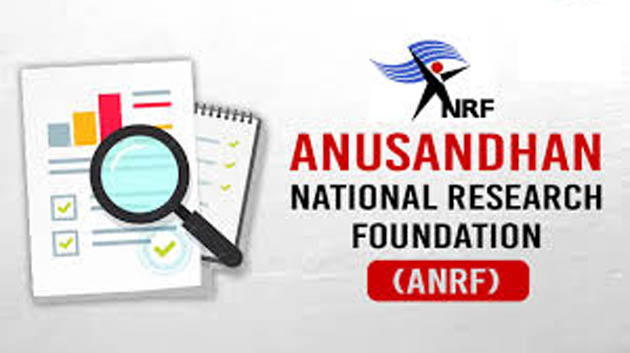Dr Biju Dharmapalan
The recent budget emphasises operationalising the Anusandhan National Research Fund (ANRF) for research and prototype development and increasing private participation in generating funds for research. Though these are commendable, the Government should consider a few academic and research community apprehensions. One main concern is the declining trend among researchers and policymakers towards supporting basic science research. Basic science, sometimes called fundamental or pure science, is driven by curiosity and the quest for understanding the underlying principles governing the natural world without immediate concern for practical applications. Discoveries made through basic research often lay the groundwork for subsequent advancements. For instance, a theoretical endeavour to understand atomic and subatomic particles and quantum mechanics initially led to the development of technologies such as semiconductors and MRI machines. This expansion of knowledge is not merely an academic exercise; it creates a foundation upon which applied sciences can build. We need good physics, chemistry, mathematics, and biology researchers to do this. Unfortunately, our teachers fail to convey the application of basic research to the student community. This disconnect not only undermines the relevance of education but also hampers students’ engagement and ability to see the real-world value of their learning. In many states, there is a declining trend in the enrolment of subjects like physics and mathematics, which were once the most favoured topics for studies.
Natural calamities are recurring in every part of our country. Still, we haven’t deliberated with our researchers working in the field of ecology, climate studies or the environment. Biodiversity and the environment are the lifelines of our planet, and we need good researchers to study them in the future. Unfortunately, research in systematics, ecology, etc., hardly gets the attention of our policymakers. We hardly have a national institution whose mandate is systematics or ecology, though these are part of many institutions as a division. Researching with sophisticated instruments in the lab is comparatively easier than researchers in the field. Why should a researcher spend years in a forest studying wildlife? They are real scientists who are providing yeoman service to the nation. Unfortunately, they are not getting enough recognition or acceptance from our policymakers or society. Because of this, many good researchers who are passionate about fundamental science research are moving towards more lucrative areas. This will create a lacuna in our future scientific knowledge base.
Policymakers should understand that the success we received in Space research or health care in recent times is because of the strength in the fundamental science we have built over the period. Whatever research done during the past several years has reaped its fruits in the present time. So, if we want to generate great discoveries in future, we need to create an environment where basic science education and research are promoted. For this, the government should allot part of the budget for ANRF exclusively for basic science research. Many private parties may not be interested in supporting basic science research, especially in areas like ecology, biosystematics or mathematics. Private sectors are generally driven by the need to achieve short-term financial returns. The huge financial investment required for basic science and the uncertainty of results may deter private entities from funding such endeavours.
But if we neglect basic science in the long run, our science will suffer badly. The stagnation of basic science can lead to a lack of new theories and principles, which hinders the development of innovative technologies and solutions. The government should prioritise basic science research in policy documents and provide necessary support to researchers working in the field. We can address emerging challenges only if we have a robust basic science workforce.
(The author is an adjunct faculty member at the National Institute of Advanced Studies, Bangalore)


